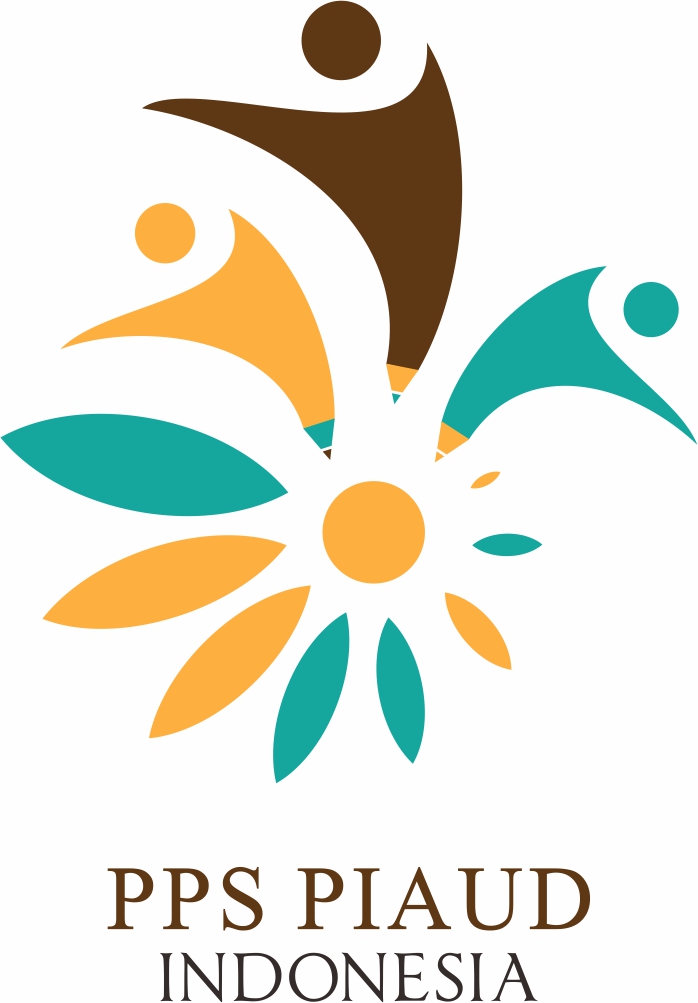TEACHING PRESCHOOL DURING COVID-19: THE UTILIZATION OF PLAY-BASED ACTIVITIES IN AN ONLINE SETTING
Abstract
Keywords
Full Text:
PDFReferences
Arsendy, S, Gunawan, C. J, Rarasati, N, Suryadarma D. (2020). Teaching and Learning During School Closure: Lessons from Indonesia. Country Report, ISEAS Yusof Ishak Institute.
Bowman, B. (1990). Play in teacher education: The United States perspective. New York: Teachers College Press.
Creswell, J. W. (2008). Education Research: Planning, Conducting and Evaluating Quantitative and Qualitative Research. Pearson Merrill Prentice Hall - Singapore.
Creswell, J. W. (2009). Research design: Qualitative, quantitative, and mixed methods approaches, 3rd ed. Sage Publications, Inc.
Dolya, G. (2010). Vygotsky in Action in the Early Years: The 'Key to Learning' curriculum. Taylor & Francis Group.
Ginsburg, K. R. (2007). The Importance of Play in Promoting Healthy Child Development and Maintaining Strong Parent-Child Bonds. Pediatrics, 119 (1): 182–191.
Gordon, A. M., Browne, K. W. (2011). Beginnings and Beyond: Foundations in Early Childhood Education, Eighth Edition. Wadsworth Cengage Learning.
Hamsa R, Fadillah A, Khaliza H., & Nasution, I. (2022). Penerapan Kurikulum Darurat sebagai Strategi Pendidikan dalam Kondisi Pandemic Covid-19. Edumaspul: Jurnal Pendidikan, 6(1), 401-407.
Hirsh-Pasek, K, & Golinkoff, R. M. (2008). "Why Play = Learning?". (www.researchgate.net/publication/237108843_Why_Play_Learning)
Mishra, L. (2016). Focus Group Discussion in Qualitative Research. TechnoLEARN Vol. 6: No. 1: p. 1-5.
Mooney, C. G. (2013). Theories of Childhood: An Introduction to Dewey, Montessori, Erikson, Piaget and Vygotsky. Redleaf Press.
Nurkholis, N. (2020). Dampak Pandemi Novel-Coronavirus Disease (Covid-19) Terhadap Psikologi Dan Pendidikan Serta Kebijakan Pemerintah. Jurnal PGSD, 6(1), 39-49.
O'Keefe, C, McNally, S. (2022). Teacher experiences of facilitating play in early childhood classrooms during COVID-19. Journal of Early Childhood Research, Volume 20, Issue 4, December 2022, Pages 552-564.
Pound, L. (2011), Influencing Early Childhood Education: Key Figures, Philosophies and Ideas. Open University Press, McGraw-Hill Education.
Pyle, A, Pyle, M. A, Prioletta, J, Alaca, B. (2020). Portrayals of Play-Based Learning: Misalignments among Public Discourse, Classroom Realities, and Research. American Journal of Play, v13 n1 p53-86.
Singer, D.G., Golinkoff, R., & Hirsh-Pasek, K. (Eds.) (2006). Play Learning. NY: Oxford University Press.
Slentz, Kristine.; Krogh, Suzanne (2001). Early Childhood Development and Its Variations. Lawrence Erlbaum Associates, Inc.
Tesar, M. (2021) Future Studies: Reimagining our Educational Futures in the Post-Covid-19 world. Policy Futures in Education 2021, Vol 19(1) 1-6.
Vygotsky, L. S. (1978). Mind in society: The development of higher psychological processes. Massachusetts: Harvard University Press.
Yogman et al. (2018). The Power of Play: A Pediatric Role in Enhancing Development in Young Children. Pediatrics Volume 142, Issue 3.
DOI: https://doi.org/10.15408/jece.v4i1.28872
Refbacks
- There are currently no refbacks.
Indexed by:
© Copyright CC-BY-SA JECE, p-ISSN: 2686-2492 e-ISSN: 2715-8918 |







